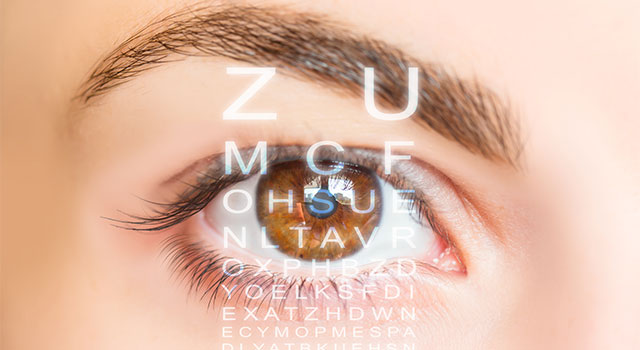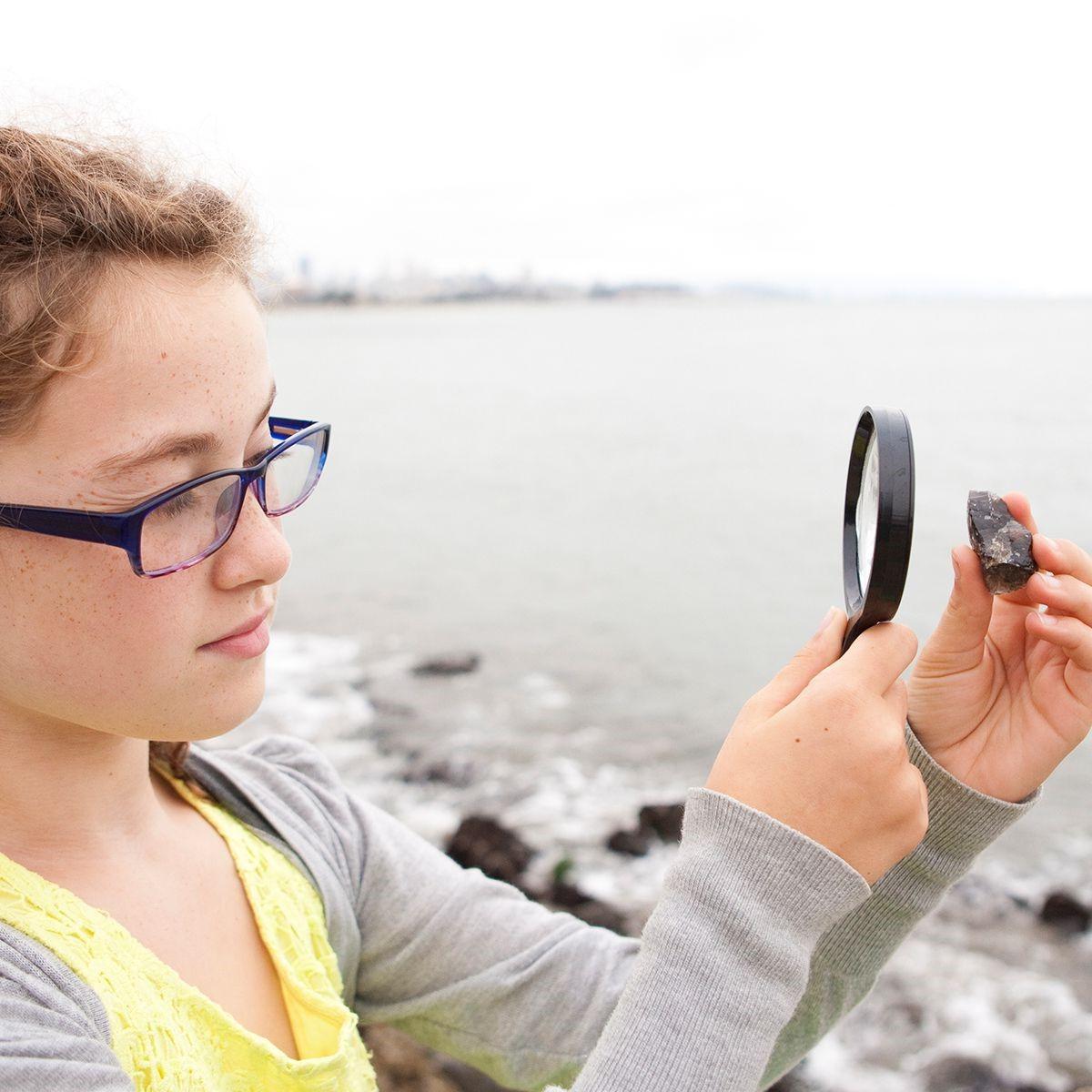The Role of Advanced Diagnostic Equipment in Identifying Eye Disorders
In the realm of ophthalmology, the usage of sophisticated analysis devices has changed the early identification and administration of various eye problems. From discovering subtle adjustments in the optic nerve to keeping track of the development of retinal diseases, these technologies play a crucial function in boosting the accuracy and efficiency of detecting eye problems. As the need for exact and timely diagnoses proceeds to grow, the combination of advanced devices like optical coherence tomography and visual area testing has actually come to be essential in the world of eye treatment. The complex interaction between modern technology and ocular methods not just clarifies detailed pathologies however also opens doors to tailored therapy methods.
Importance of Very Early Medical Diagnosis
Very early medical diagnosis plays a pivotal duty in the reliable administration and therapy of eye conditions. Prompt recognition of eye conditions is important as it enables timely treatment, possibly avoiding additional development of the disease and reducing long-lasting problems. By finding eye problems at an onset, health care service providers can use appropriate treatment plans tailored to the specific condition, inevitably causing much better outcomes for patients. Moreover, very early medical diagnosis makes it possible for clients to gain access to needed assistance solutions and resources faster, enhancing their total lifestyle.

Technology for Identifying Glaucoma
Innovative analysis modern technologies play an essential role in the early detection and monitoring of glaucoma, a leading reason of irreparable blindness worldwide. One such innovation is optical coherence tomography (OCT), which gives comprehensive cross-sectional pictures of the retina, permitting the dimension of retinal nerve fiber layer thickness. This measurement is vital in examining damages triggered by glaucoma. One more sophisticated tool is visual area screening, which maps the level of sensitivity of a client's visual field, assisting to detect any areas of vision loss characteristic of glaucoma. In addition, tonometry is used to determine intraocular stress, a major danger variable for glaucoma. This examination is important as elevated intraocular stress can cause optic nerve damage. Additionally, more recent modern technologies like making use of man-made intelligence algorithms in examining imaging data are revealing encouraging lead to the early detection of glaucoma. These advanced analysis tools enable ophthalmologists to identify glaucoma in its onset, allowing for prompt intervention and much better management of the disease to avoid vision loss.
Duty of Optical Coherence Tomography

OCT's ability to measure retinal nerve fiber layer thickness permits exact and unbiased dimensions, helping in the early discovery of glaucoma even before visual area issues about his emerge. OCT innovation allows longitudinal monitoring of architectural changes over time, helping with personalized therapy plans and timely treatments to aid maintain patients' vision. The non-invasive nature of OCT imaging also makes it a preferred option for keeping track of glaucoma development, as it can be duplicated on a regular basis without causing discomfort to the patient. Overall, OCT plays an important function in boosting the diagnostic precision and management of glaucoma, ultimately adding to better outcomes for individuals in jeopardy of vision loss.
Enhancing Medical Diagnosis With Visual Area Testing
An important component in comprehensive ocular evaluations, aesthetic field testing plays a pivotal function in boosting the diagnostic procedure for numerous eye disorders. By analyzing the full degree of a client's visual area, this examination provides essential info regarding the practical integrity of the whole aesthetic pathway, from the retina to the aesthetic cortex.
Aesthetic field screening is specifically important in the diagnosis and monitoring of conditions such as glaucoma, optic nerve problems, and various neurological illness that can impact vision. Through quantitative dimensions of outer and central vision, medical professionals can find refined modifications that might suggest the existence or progression of these disorders, even prior to noticeable signs and symptoms take place.
Additionally, aesthetic area screening permits for the surveillance of therapy efficiency, assisting eye doctors tailor restorative interventions to specific people. eyecare near me. By tracking changes in visual area performance in time, healthcare service providers can make educated decisions concerning readjusting medications, recommending surgical interventions, or applying other ideal actions to maintain or enhance a client's visual function
Managing Macular Deterioration

Conclusion
In final thought, advanced analysis tools play an essential role in recognizing eye conditions find more early on. Technologies such as Optical Coherence Tomography and aesthetic area testing have actually considerably improved the precision and effectiveness of diagnosing problems like glaucoma and macular degeneration.
Comments on “Specialized Retina Service Near Me: Top-Notch Eye Care Professionals”